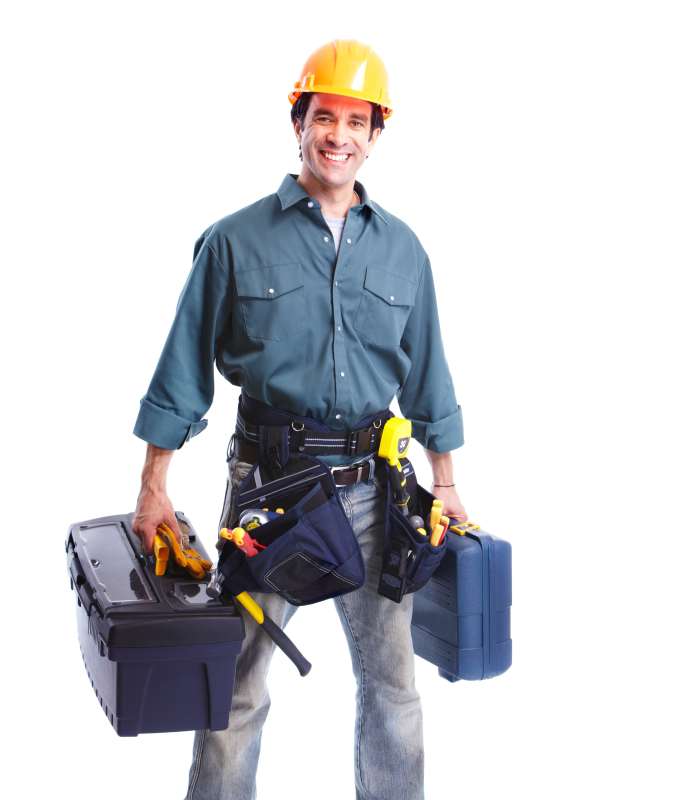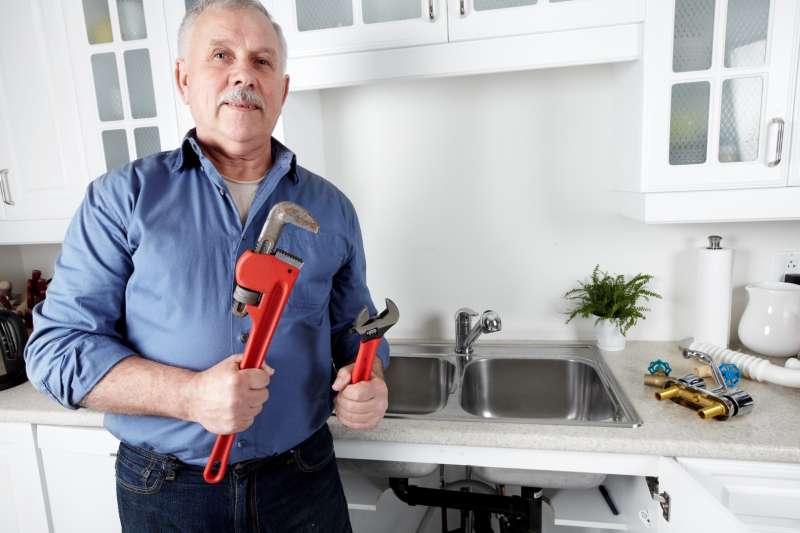 Bonney Lake Plumbers
Bonney Lake Plumbers
 Bonney Lake Plumbers
Bonney Lake Plumbers
Rainwater Harvesting Systems provides an environmentally conscious plumbing service that includes the design and installation of systems to collect, store, and reuse rainwater for secondary applications. These systems typically include filtration components, tanks, and collection areas, supporting sustainable water use in landscaping, toilet flushing, and washing. Properly configured systems lower utility costs and promote water conservation
We provide top-quality Plumbing services throughout Pierce County. Whether you need help with Rainwater Harvesting Systems or other issues, our Experts is ready.

Setting up dishwashers, water heaters (tank and tankless), waste disposal unit, and washing machines.

Making sure backflow prevention gadgets are working properly.

Transferring or upgrading plumbing systems.

Guaranteeing plumbing systems fulfill local regulations.

Immediate response to prevent flooding and water damage.

Clearing blockages in sinks, toilets, showers, and drain lines.

Regular cleaning to prevent blockages and preserve flow.

Repairing malfunctioning faucets, toilets, and other fixtures.

Installation of sinks, faucets, toilets, bathtubs, and showers.

Emergency detection and repair to prevent dangers.

Fixing gas leakages and guaranteeing appropriate gas line functioning.

Establishing systems for reusing home wastewater.

Installing and preserving radiant flooring heating systems.

Specialized piping for factories or industrial settings.

Installing and preserving outdoor watering.

Plumbing systems for new buildings or restorations.

Repairing leaks in pipes, faucets, toilets, and appliances.

Quick resolution of extreme clogs and overflows.

Using cameras to check pipes for damage or obstructions.

Fixing or replacing burst, rusted, or harmed pipelines.

Setting up brand-new piping systems for water, gas, and drain.

Evaluating plumbing systems before purchasing property.

Installing systems to collect and use rainwater.

Continuous maintenance services for services.

Installing, repairing, and keeping septic tanks.

Handling groundwater in basements.

Setting up water-efficient or contemporary components.

Encouraging on water-saving techniques and products.

Installing water softeners and filtering systems.

Flushing and inspecting hot water heater to lengthen life-span.

Resolving concerns with temperature level, leaks, or failure to heat water.

Safeguarding basements or other locations from water intrusion.

Immediate attention to prevent contamination and health dangers.